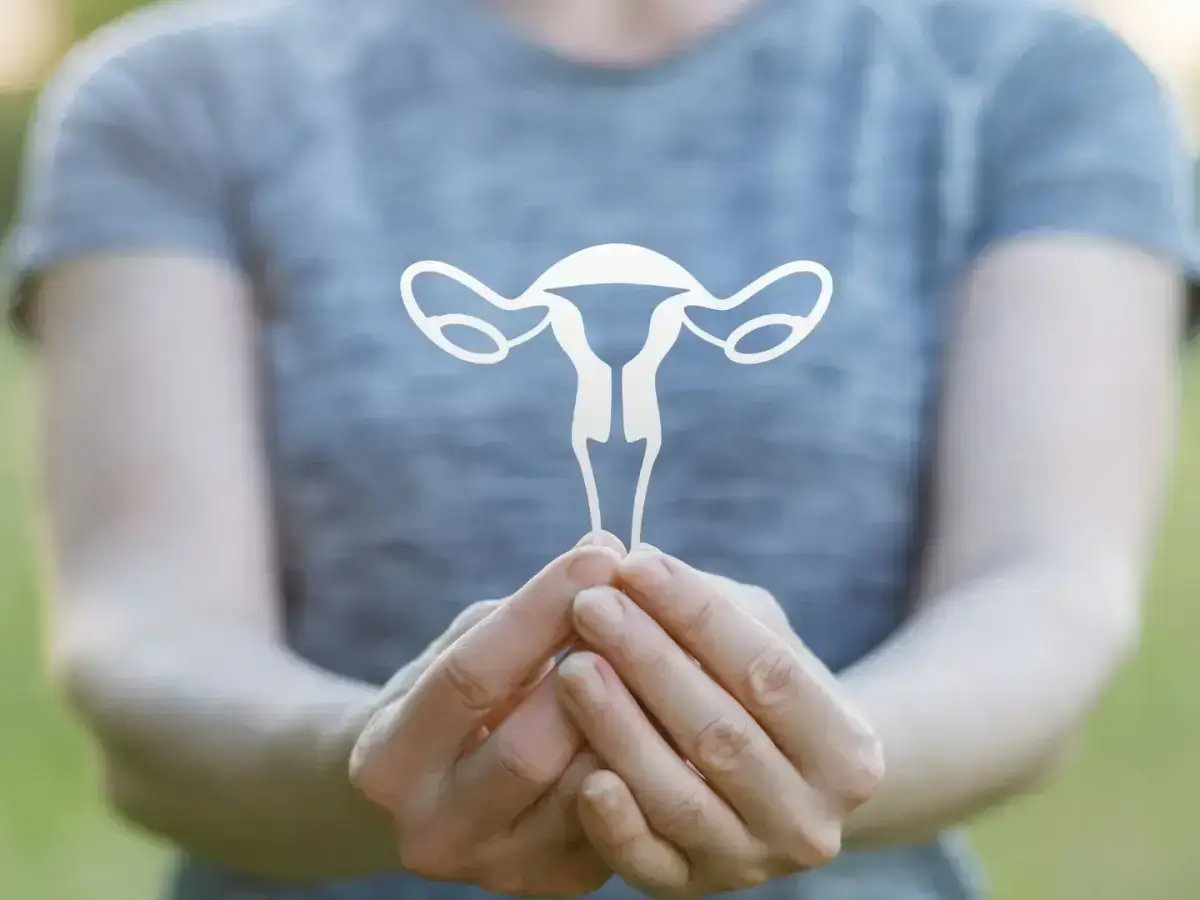Uterine Fibroids, Back Pain
- Naturopath Osteopath Clinic
- »
- Naturopathic Treatment
- »
- Uterine Fibroids, Back Pain
Uterine Fibroids are a common condition that affects many women’s health. The medical term for them is leiomyomas, and they can happen in any woman who has a uterus. Uterine Fibroids are non-cancerous tumors that grow on the walls of the uterus, and they can vary in size from very small to very large.
Acupuncture can also be beneficial for helping reduce symptoms of uterine fibroids and back pain.It is common, and can cause pain, heavy periods and even infertility. There are several treatments available for uterine fibroids, but some people prefer to use natural methods.
Naturopathic doctors in Ontario are highly skilled and knowledgeable when it comes to helping those who suffer from uterine fibroids and back pain. Uterine fibroid is a growth of the uterus, often causing heavy menstrual bleeding and pelvic pain which can be very uncomfortable for patients.
Naturopathic doctors may use different therapies to help reduce the symptoms associated with this condition, including dietary and lifestyle modifications. Other treatments may include herbs or supplements to reduce inflammation and balance hormones. Naturopathic doctors can also provide advice on how to cope with urinary incontinence, bowel issues and anemia due to heavy menstrual bleeding related to uterine fibroids.
They are adept at providing natural treatment for both uterine fibroids and back pain in order to help improve quality of life for their patients.
- Uterine fibroids are benign tumors that can grow anywhere in the uterus.
- Fibroids can cause various symptoms, including pelvic pain, difficulty with intercourse, and even infertility.
- There is no one specific treatment for uterine fibroids, but there are a variety of treatments that may be effective.
- Uterine fibroids should be evaluated by a doctor to determine the best course of treatment.
- Some common treatments for uterine fibroids include:
- Diet and exercise: A healthy diet rich in fiber, as well as regular exercise may help to shrink fibroid tumors and ease symptoms.
- Pills: Hormone therapy, or medications that help to shrink fibroids are available.
- Surgery is one of the most effective treatments for uterine fibroids.
- Hysterectomy (removal of the uterus) requires that other organs be healthy enough to function normally.
- If you are pregnant or believe you may be pregnant, consult your doctor and consider postponing surgery if possible.
- Some women find that medicines such as birth control pills, progesterone shots, or pain-killers may help to reduce fibroid symptoms.
- If you experience strong cramping and other symptoms of a miscarriage, talk to your doctor.
- Other causes of heavy bleeding during pregnancy: uterine polyps (growths inside the uterus), or infection in the pelvis may be responsible.
- Excessive bleeding during pregnancy is not common.
- If you are having surgery, make sure to tell your doctor that you are pregnant or trying to become pregnant. The anesthesia and pain medications used during an operation may harm your unborn baby. You may also want to ask your doctor about using a pain-killer (narcotic) for the procedure.
- If you are pregnant, avoid alcohol and tobacco products during pregnancy.
- If you are getting a vaccine during pregnancy, talk to your doctor about the risks of using the vaccine.
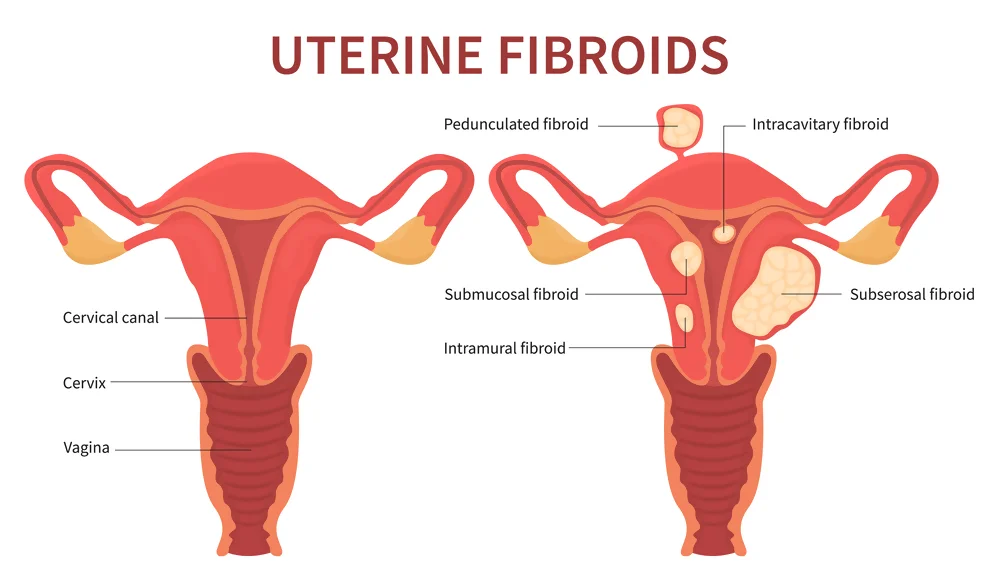
Symptoms of Uterine Fibroids
Uterine fibroids are a common condition that affects many women. Symptoms may vary, but typically include abnormal vaginal bleeding or spotting pelvic pain or fullness frequent urination constipation lower back pain discomfort during intercourse infertility In some cases, uterine fibroids may cause an enlarged abdomen due to the growth of the fibroid tumors. Uterine fibroids usually causes heavy menstrual bleeding which can lead to anemia in some cases. If you experience any of these symptoms it is important to speak with your doctor as soon as possible in order to receive treatment and manage your symptoms.
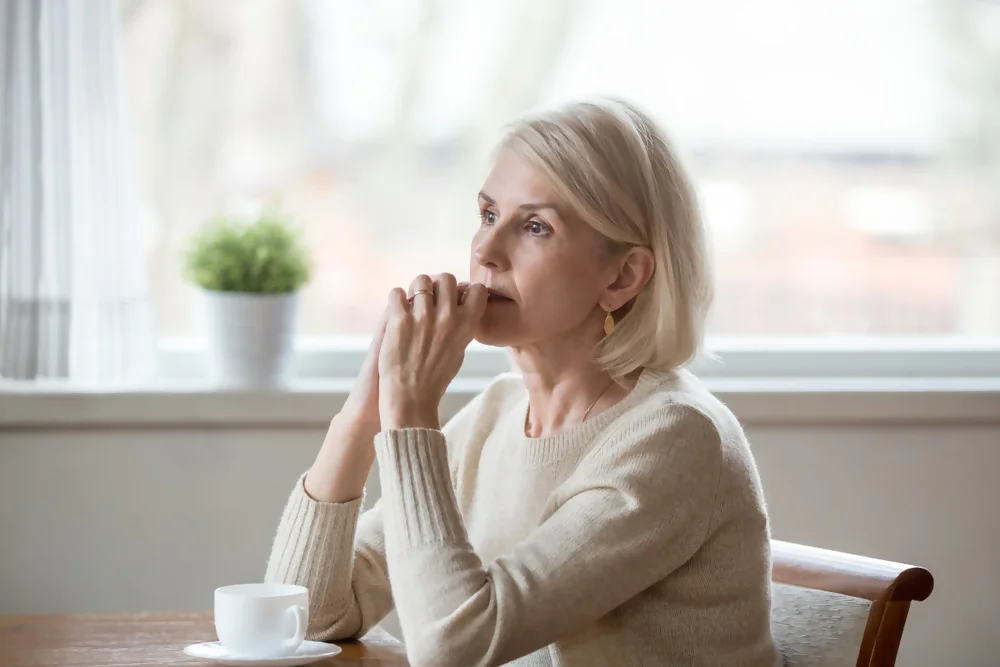
Menopause
Uterine fibroids most commonly occur during menopause, when hormone levels begin to decline and the body undergoes many changes. The exact cause of uterine fibroids is unknown, however they are believed to be connected to hormone levels and genetics. Uterine fibroids can vary in size and location, ranging from tiny to very large. Symptoms may include pelvic pain, heavy or prolonged menstrual bleeding, pressure on the bladder or rectum, and frequent urination. Menopause can also increase a woman’s risk for developing uterine fibroids because of the hormonal changes that take place during this time. It is important for women going through menopause to seek regular medical checkups for early detection and treatment of any potential issues related to this condition. Naturopathic doctors are trained to treat menopause symptoms with natural remedies. They focus on finding the underlying cause of the symptoms, rather than simply treating the symptom itself. A naturopathic doctor may recommend lifestyle changes such as exercise, stress reduction and dietary modifications to help reduce menopause symptoms. Herbal supplements can also be used to relieve hot flashes, night sweats and other common menopausal complaints. Hormone replacement therapy is also available from a naturopathic doctor when necessary. In addition to traditional treatments, a naturopathic doctor may provide acupuncture, massage therapy and homeopathy to help manage menopause symptoms and improve overall health.
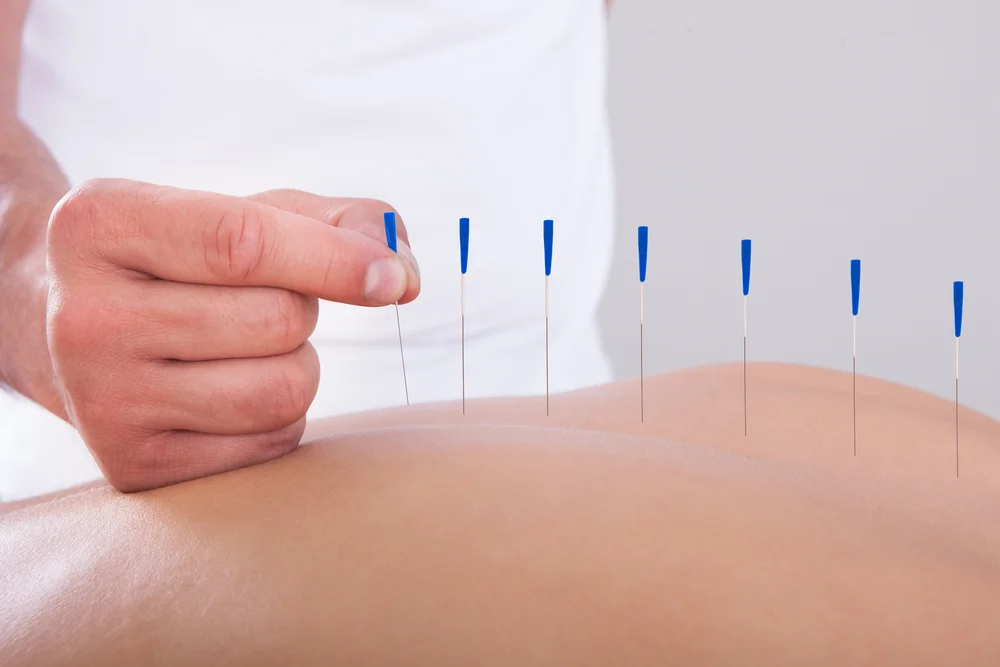
Acupuncture Treatment for Uterine Fibroid
Acupuncture treatment for uterine fibroids is known for its ability to alleviate pain, reduce inflammation, and increase blood circulation. Studies have shown that acupuncture can help reduce the size of fibroids and improve overall health. Additionally, it can also provide relief from symptoms such as heavy periods, painful cramps, difficulty urinating, and abdominal bloating or discomfort. Acupuncture may be combined with lifestyle changes such as dietary modifications, exercise recommendations, and stress reduction strategies to further support the healing process. If you are considering acupuncture for uterine fibroid treatment, it is important to consult with a qualified practitioner to ensure you receive quality care and achieve the best possible results.
Naturopath Osteopath Clinic Services

Women’s Health and Wellness
Naturopathic doctors often specialize in women’s health and wellness, providing preventive care and support for women during all stages of life.

Men’s Health and Wellness
Men’s health and wellness is vitally important. Not only does the health of men directly affect their families, but it also has a significant impact on society as a whole.

Mental Health
Holistic approach may be particularly beneficial for people with mental health concerns, as it can help to address the underlying causes of their symptoms.
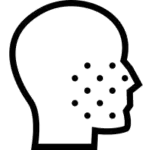
Integumentary System, Skin Conditions
Naturopathic doctor specializes in the integumentary system, which includes the skin, hair, and nails. Naturopathic doctors can treat a variety of skin conditions, such as acne, eczema, and psoriasis.

Endocrine Conditions
Some of the most common endocrine conditions that naturopaths help to treat include diabetes, thyroid dysfunction, and adrenal fatigue.

Cardiovascular Conditions
Naturopathic doctors provides holistic care and are able to help people with a wide range of cardiovascular conditions.

Autoimmune disorders, Immune System Condition
An immune system condition is any condition that affects the immune system. This can include things like infections, autoimmune diseases, and allergies.

Rheumatologic and Musculoskeletal Conditions
Rheumatologic and musculoskeletal conditions are a type of medical problem that can cause pain, inflammation, and limited movement in the joints.
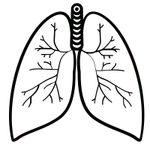
Respiratory System Conditions
A naturopathic doctor (ND) holistic approach that focuses on the whole person, rather than just the symptoms of the illness. Naturopaths believe that the body has an innate ability to heal itself.
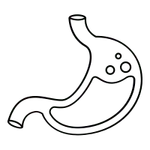
Gastrointestinal Conditions
A naturopathic doctor for gastrointestinal conditions typically uses a variety of natural therapies to help restore the health of the gastrointestinal tract.

Neurology and Pain Management
Naturopathic doctors are trained in a variety of natural therapies which can be used to help treat neurological conditions. Some of these therapies include botanical medicine, homeopathy, and acupuncture.
If you liked this content and found it to be informative, please rate it.
We are sorry that this post was not useful for you!
Let us improve this post!
Tell us how we can improve this post?

